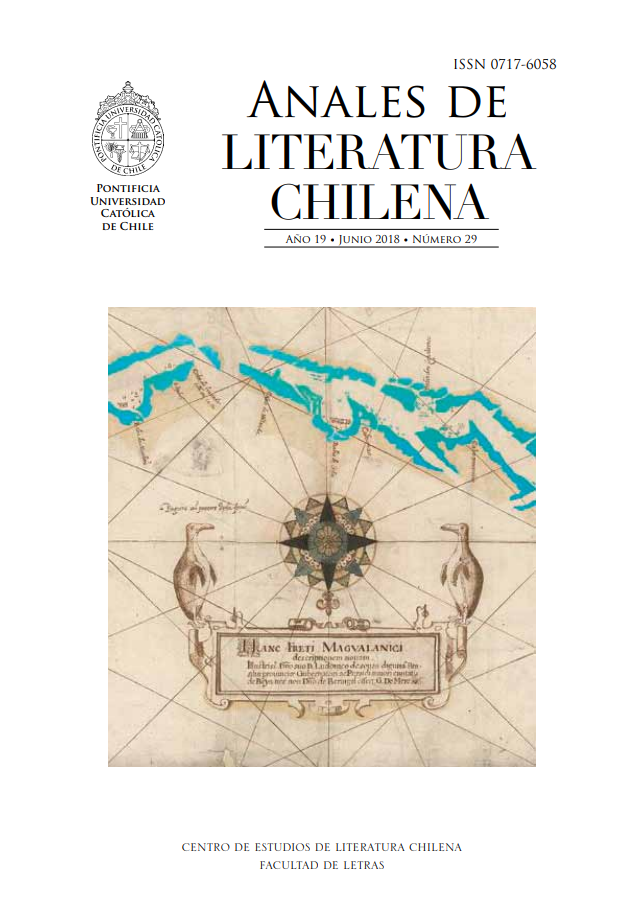Latinamericanism with a “broken wing”: queer strategies in Roberto Bolaño, Diamela Eltit and Pedro Lemebel
Keywords:
queer studies, postcolonial studies, Latin American Identity, vulnerabilityAbstract
The presence of queer motifs in contemporary Latin American literature is getting more and more relevant nowadays, generating a rich and complex corpus of texts where the thematic obsession with the opaque, incongruous, mischievous body overtly exceeds the LGBT borders and becomes a strategy of experimenting new politicies and poetics of representing Latin American collective identity. This essay aims to provoke an intertextual dialogue between the three authors we can recognize as the core of Chilean contemporary canon, one where the postcolonial discourse mixes with queer theory. We will take as case studies two novels (El cuarto mundo by Diamela Eltit and Los sinsabores del verdadero policía by Roberto Bolaño) and one classic urban chronicle by Pedro Lemebel: the uncanny gestation of a South American monster, the faux detective story of a Chilean exiled investigating on his own sexual ambiguity and the magic-realistic performance of a indio imitator of the pop singer Madonna seem to allude to a sort of subversive continuation of the postcolonial assessment of the New World, in which notions of “obliqueness”, “unaccountability” and “vulnerability” sound ambiguously as a critical response and as an ingenious actualization of traditionally fostered cultural constructs such as “mestizaje” and hybridization.
Downloads
Downloads
Published
How to Cite
Issue
Section
License

This work is licensed under a Creative Commons Attribution-NoDerivatives 4.0 International License.


